
Delicate Number | Oct 23,2021
Pedestrians passing by the St. George Cathedral in Piassa a couple of weeks ago could notice a minivan parked outside the church. Inside the van was a group of seven health workers who were out to vaccinate the residents of Addis Abeba against COVID-19.
They arrived early on Wednesday morning and spent the day in the sweltering sun, hoping to convince the passersby to get a jab. They had a few hundred doses of the American-made Johnson & Johnson (J&J) vaccine in their van, a one-dose COVID-19 vaccine. The medical team set out to vaccinate 100 people by the end of November 3. Although they parked their van in one of the city's busiest areas, they had barely vaccinated a dozen by the afternoon.
This is not unusual for them.
Since mid-September, the van has been part of the Mobile Vaccination Programme, run by the Ministry of Health. The only one of its kind, it has thus far managed to vaccinate over 1,500 individuals. In the programme's early days, the team would serve over a hundred people a day, but the numbers have dwindled rapidly. Some days, as few as six people consent to the vaccination.
Mulugeta Debessa, 40, was one of the last to get the jab that day. He moved to the capital from Wollega, Oromia Regional State, a year ago. Never seriously considered getting vaccinated, he saw the van and decided, "why not?"
"I was passing by," he told Fortune.
Mulugeta had no idea the vaccination would be so readily available. The two people that got into the van after him that day were also not planning to get the jab.
Convincing people to take the vaccine is becoming difficult due to a widely spread negative perception, according to Zekarias Tegegn (MD), coordinator of the mobile COVID-19 vaccination programme.
Those who consent often ask when they would need to return to receive their second dose, prompting the health workers to explain that the J&J is a single-shot vaccine. The lack of public awareness is only one of the factors impeding Ethiopia's COVID-19 vaccination efforts.
The mobile vaccination programme initiated by the Ministry of Health has vaccinated a little over 1,500 individuals since mid-September.
Back in March, the Ministry of Health announced its plans to vaccinate 20pc of the population by the end of 2021. Less than two months left, a little over five million doses of COVID-19 vaccines have been administered vaccinating close to four million people either with the first dose or second. No less than 2.6 million have been fully vaccinated thus far, representing less than three percent of the population. The figures are even more underwhelming considering that the country has received 12.4 million doses since March this year.
This includes close to five million doses of the AstraZeneca vaccine, three million each of the J&J and Sinopharm jabs, and the 1.5 million recently-arrived Pfizer doses.
As it stands, over seven million jabs have yet to be put to use. This indicates severe flaws in the government's vaccination campaign, one of which is the staggered and unpredictable flow of vaccine donations from wealthier countries and development partners. When the first doses were rolled out in April this year, medical professionals, the elderly, and those with underlying health conditions were prioritised.
Over two million doses of the AstraZeneca vaccine were delivered through the World Health Organisation's (WHO) COVAX facility, and half a million doses of the Sinopharm vaccine donated by the Chinese government were available. Then the second batch of 5.4 million AstraZeneca doses was expected to arrive in May through COVAX; however, due to the halt in the production of the vaccine, the shipment never arrived.
By June, two million people had received their first dose, but stocks were running low, making it uncertain when they would complete the regimen. However, further donations and a slowdown in those showing up for vaccines meant that those who had received the first dose could secure the second eventually, though many did so weeks after they were initially scheduled to. It took less than two months to administer two million doses from the start of the vaccination campaign. It would take an additional three and a half months before the figure hit three million.
Despite the government availing the vaccines to anyone over the age of 18 in July, fewer and fewer people were showing up to vaccinate as time went on. This meant a slight relief for the government, as it bought more time for donations to materialise.
It also presents a serious problem.
All of the vaccine types, barring Sinopharm, have a shelf life of fewer than six months. The doses in the mobile vaccination van run by Zekarias and his team are set to expire next month, and doses elsewhere have already passed their expiration date. Health authorities have had to destroy some of the vaccines as they were not administered in time, disclosed Muluken Yohannes (MD), national COVID-19 vaccination coordinator and advisor to the Minister of Health.
The wastage and low vaccination rates can be attributed partly to a lack of infrastructure and capacity. Ethiopia is hardly the only country facing similar problems.
Wealthy countries have vaccinated 70pc of their population on average, in low-income countries, the figure drops to less than four percent, according to data from the University of Oxford. Morocco leads the pack in Africa, having vaccinated around 60pc of its population. In Sub-Saharan Africa, South Africa has seen the largest portion of its population vaccinated at 21pc. Neighbouring Kenya has administered some 5.5 million doses.
For Wondossen Amogne (MD), a professor at Addis Abeba University specialising in internal medicine and infectious disease, the low vaccination rates result from the lack of vaccines in the country rather than a lack of awareness. He argued the inconsistent pattern of donations makes it challenging to organise an effective campaign.
"The donation has not been predictable," he said.
Although Ethiopia's dependence entirely upon donations has bogged down vaccination efforts, public perception is also to blame for the mediocre vaccine penetration. Part of this, according to officials at the Health Ministry, is due to legal constraints.
“There's no legal framework that compels individuals to get vaccinated,” said Muluken.
Neither the federal nor regional governments can enforce vaccination, but other offices and organisations can. The Ministry of Education now requires teachers in public and private schools to get the jab as Ethiopian Airlines does with its crew members.
Many other institutions and federal agencies, including the Ministry of Health, do not do the same. Even health professionals are free to choose. Muluken acknowledges the issue, disclosing the Ministry is considering making vaccination mandatory to its employees.
“We'll either make it a requirement, at least at the Ministry, or consider other options,” he said.
The Ministry is preparing to launch an awareness campaign, due to begin next week, Muluken disclosed.
The Health Ministry will no longer be the sole agency in charge of vaccinations. Last month, Washington Medical Clinic (WMC) and Medtech Ethiopia, an importer of pharmaceuticals and medical supplies, were given the nod to begin the import of COVID-19 vaccines, making the partnership the first private entity to be granted the permit.
According to its management, Medtech has secured two million doses of the Sinopharm jab, and 200,000 of these have already been imported. WMC will be administering the vaccines at the cost of 3,000 Br a dose. The Sinopharm vaccine goes for an average of 15 dollars a dose on the international market.
Markos Feleke (MD), founder and CEO of Washington Medical Centre, says the business venture targets travellers, corporate employees, and others who do not want to visit public health centres.
“We only have 10pc margins,” he said.
Logistical costs and provision of vaccination cards with a WHO accepted QR code are factored into the prices, Markos says.
Washington Medical Centre is administering the doses at its two centres in Addis Abeba. The clinic plans to make vaccinations available at treatment centres at Rwanda Street, Millennium Hall, Bole International Airport, Bole Bulbula, and the Hilton and Sheraton hotels.
“We'll begin aggressive announcement shortly,” said Markos.
However, even the involvement of the private sector will not put much of a dent in vaccination rates. It seems almost impossible at this point to win over people like Mulugeta for the Ministry's 20pc goal to be met before the dawn of next year.
PUBLISHED ON
Nov 13,2021 [ VOL
22 , NO
1124]

Delicate Number | Oct 23,2021
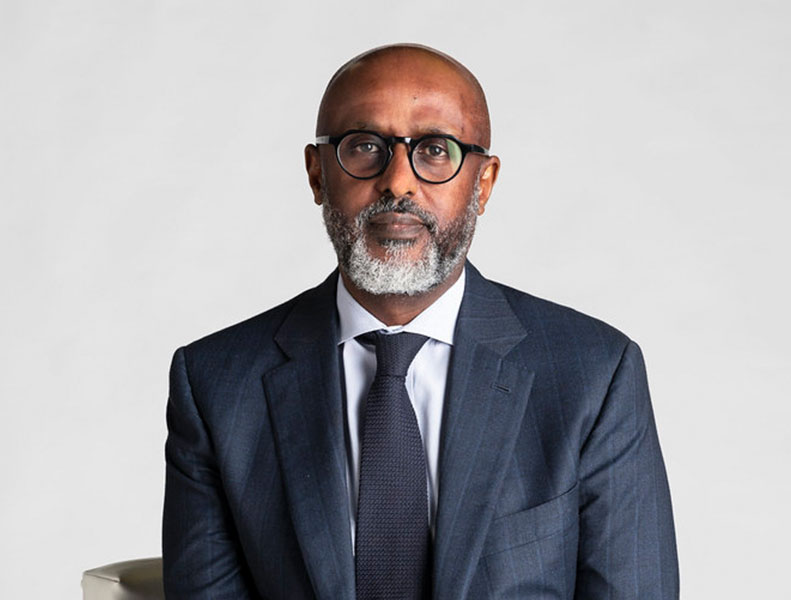
Fortune News | Oct 23,2021
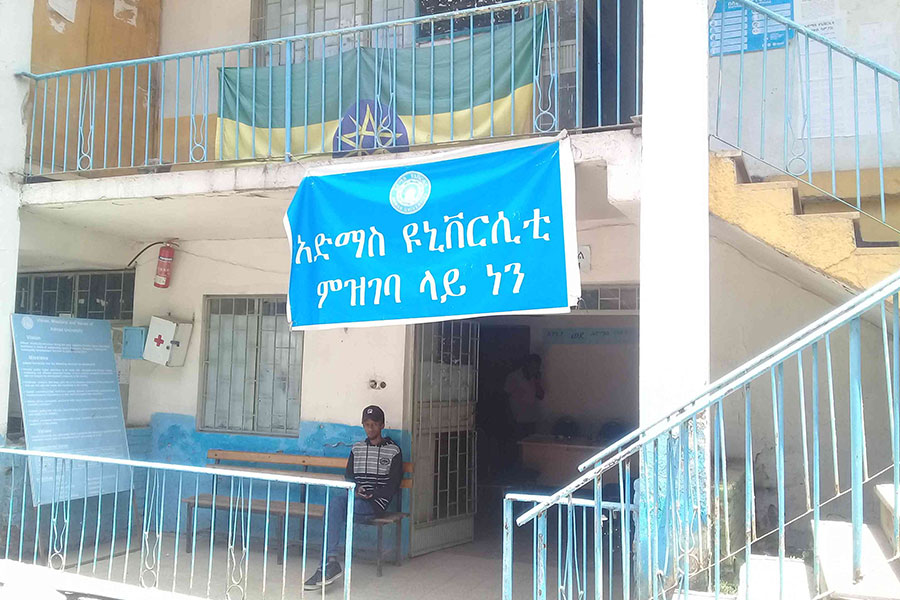
Agenda | May 21,2022
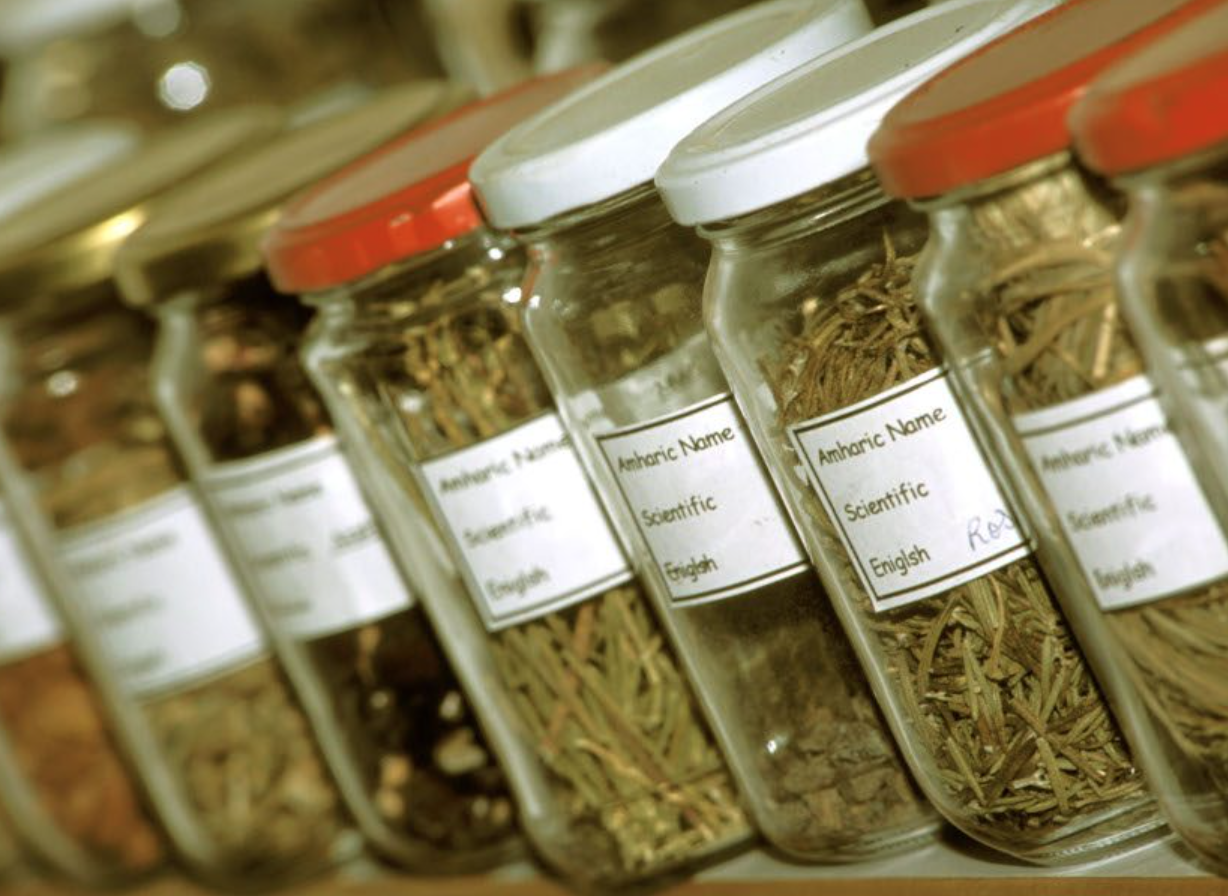
View From Arada | May 23,2021

Films Review | Apr 17,2020
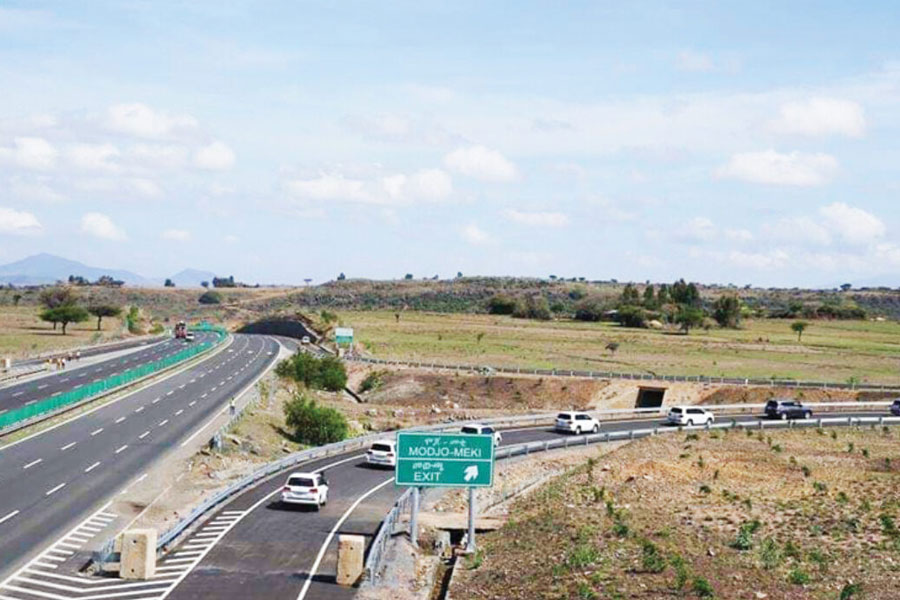
Fortune News | Sep 18,2021

Radar | May 23,2021

Fortune News | Jul 11,2021

My Opinion | Dec 19,2021
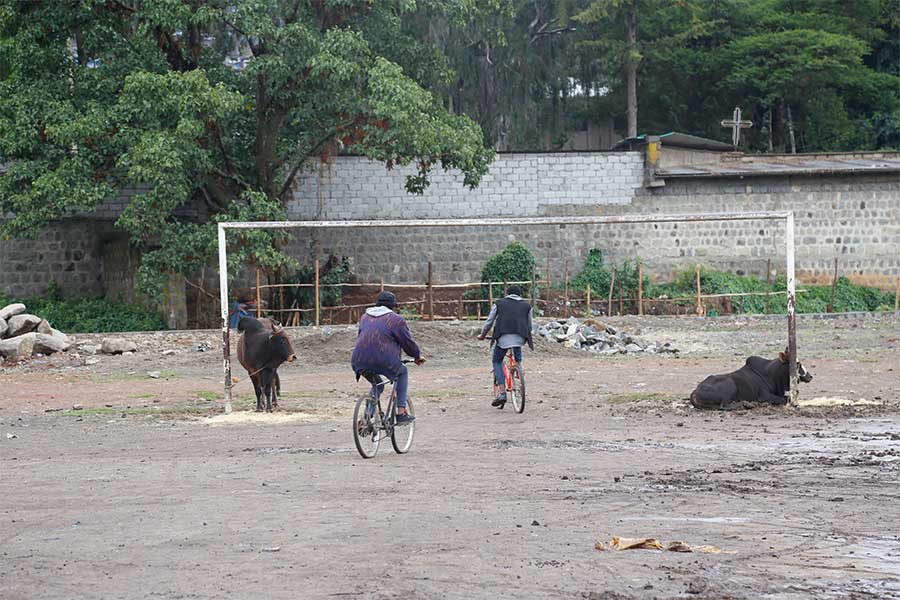
Radar | Apr 30,2021

Dec 22 , 2024 . By TIZITA SHEWAFERAW
Charged with transforming colossal state-owned enterprises into modern and competitiv...

Aug 18 , 2024 . By AKSAH ITALO
Although predictable Yonas Zerihun's job in the ride-hailing service is not immune to...

Jul 28 , 2024 . By TIZITA SHEWAFERAW
Unhabitual, perhaps too many, Samuel Gebreyohannes, 38, used to occasionally enjoy a couple of beers at breakfast. However, he recently swit...

Jul 13 , 2024 . By AKSAH ITALO
Investors who rely on tractors, trucks, and field vehicles for commuting, transporting commodities, and f...

Oct 11 , 2025
Ladislas Farago, a roving Associated Press (AP) correspondent, arrived in Ethiopia in...

Oct 4 , 2025
Eyob Tekalegn (PhD) had been in the Governor's chair for only weeks when, on Septembe...

Sep 27 , 2025
Four years into an experiment with “shock therapy” in education, the national moo...

Sep 20 , 2025
Getachew Reda's return to the national stage was always going to stir attention. Once...